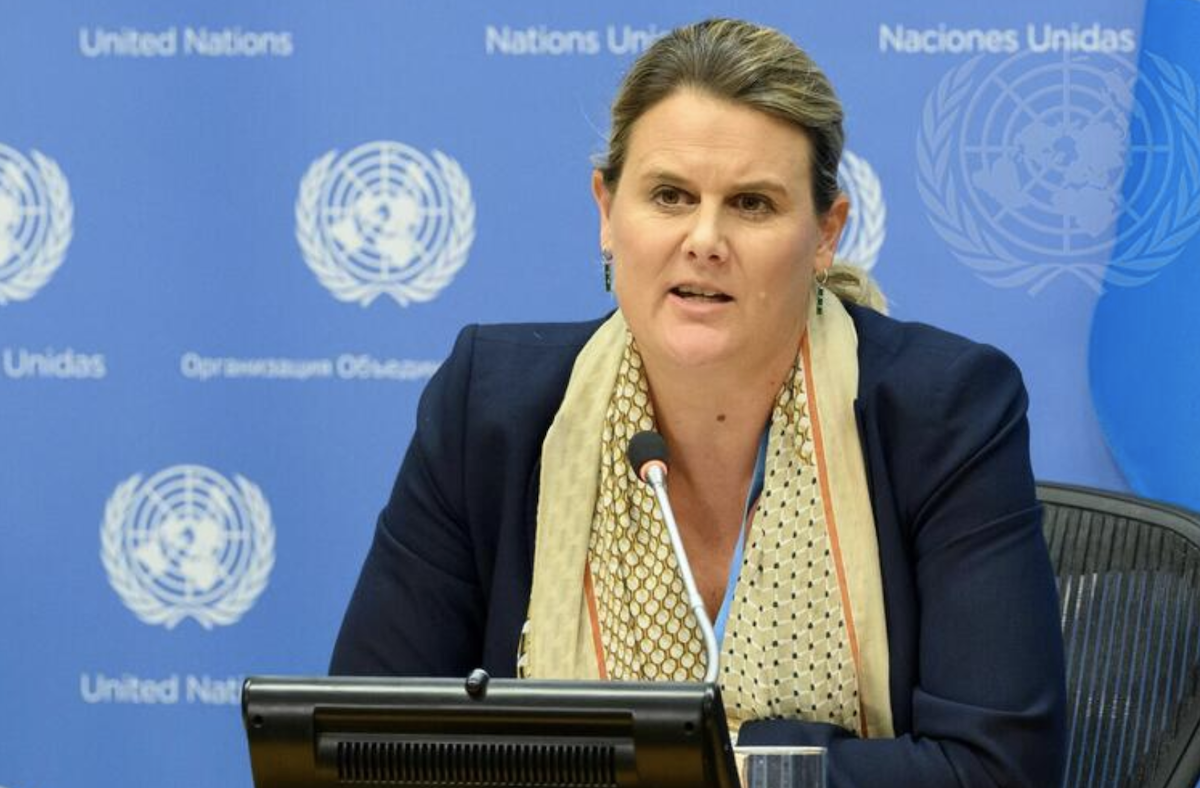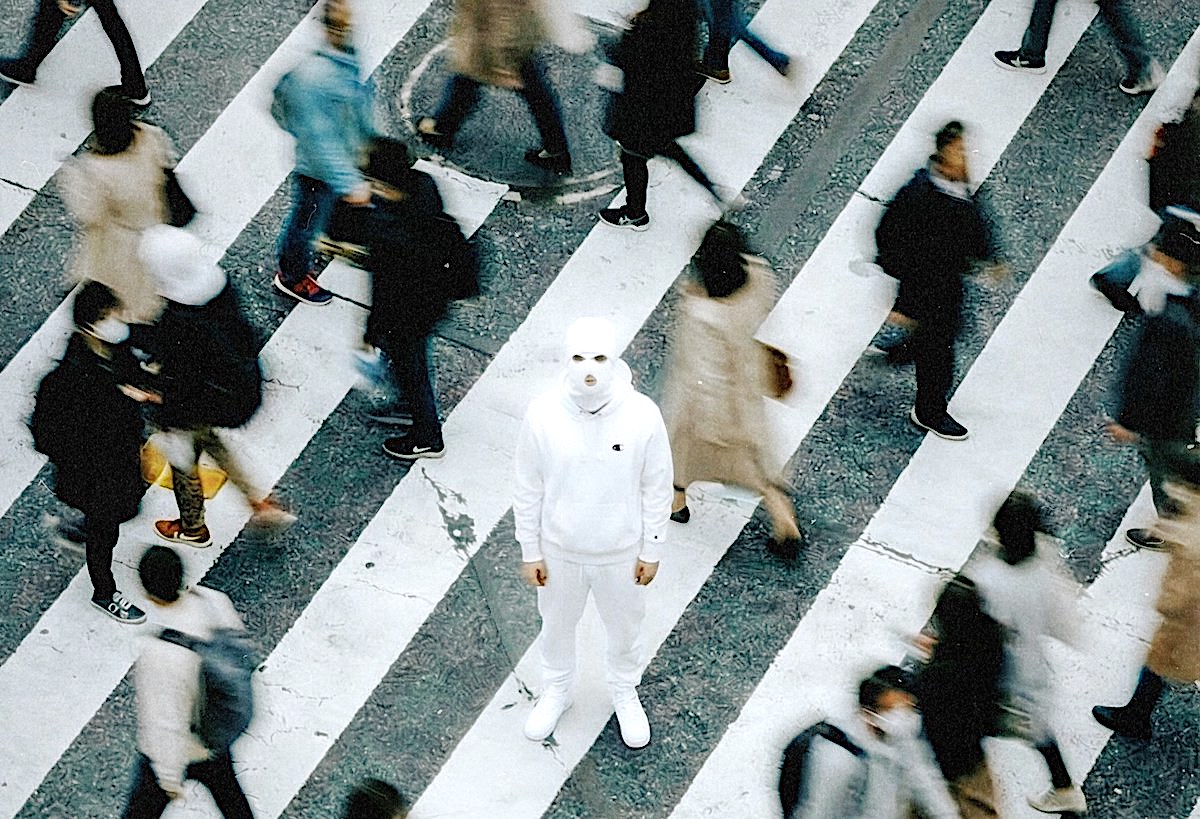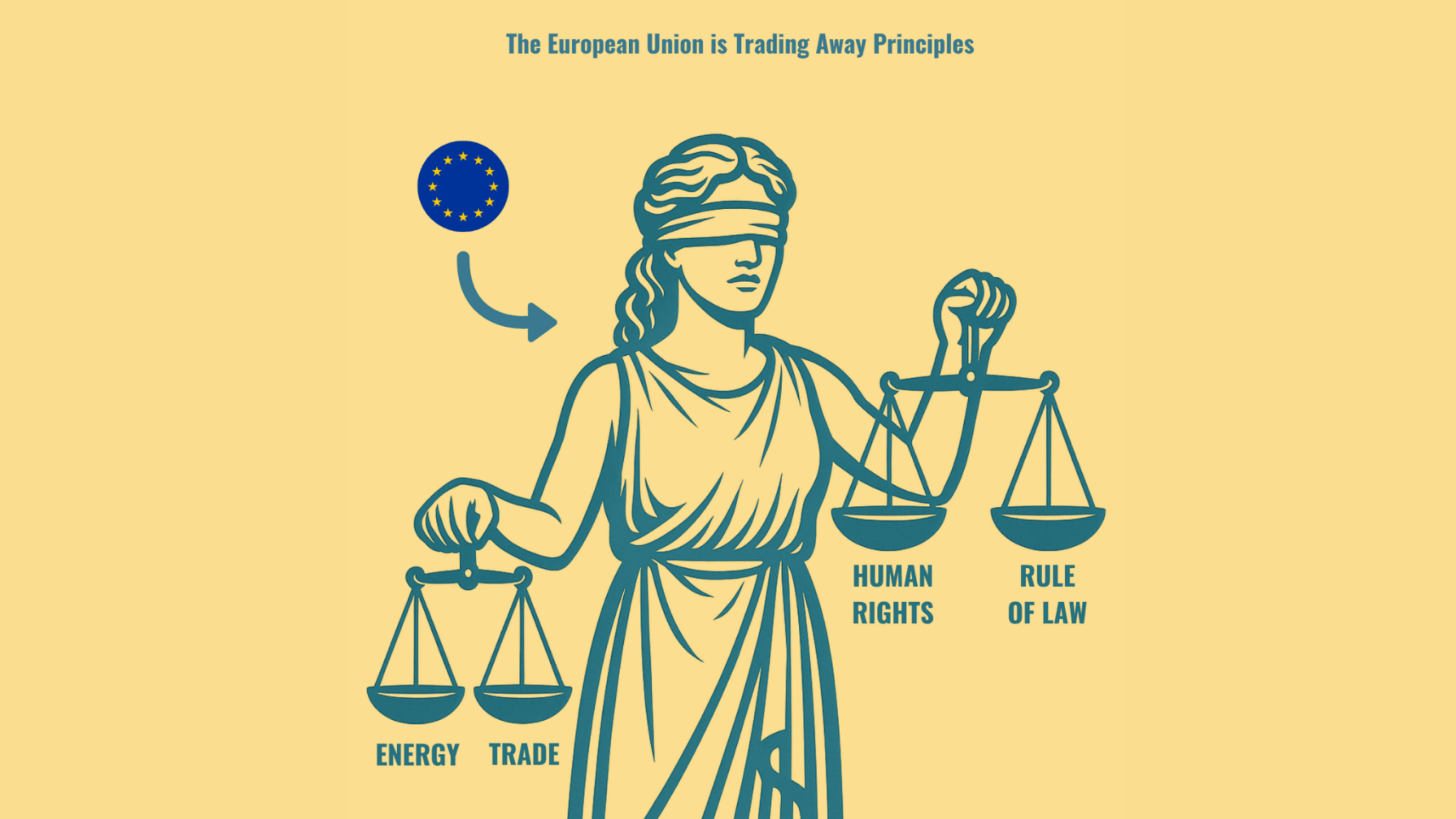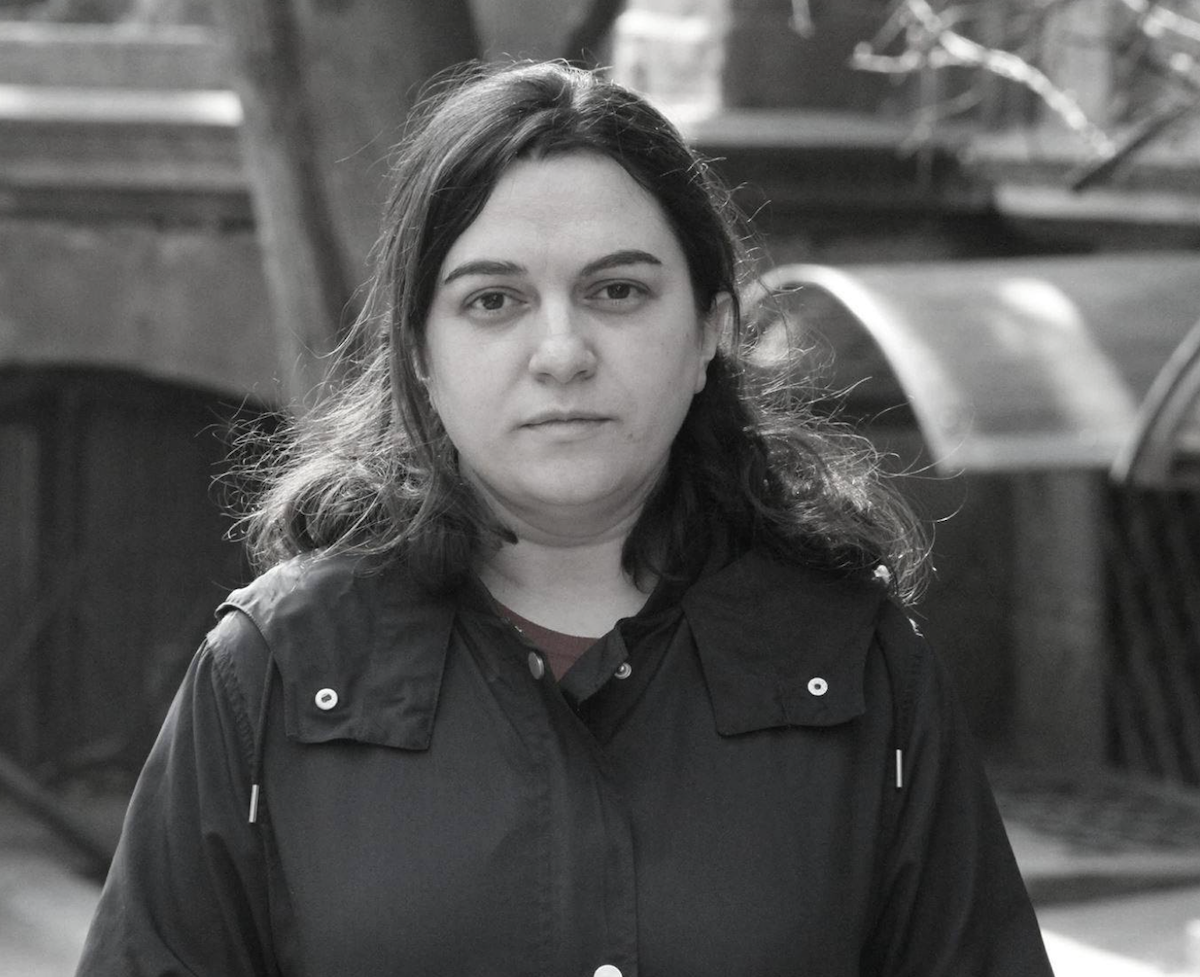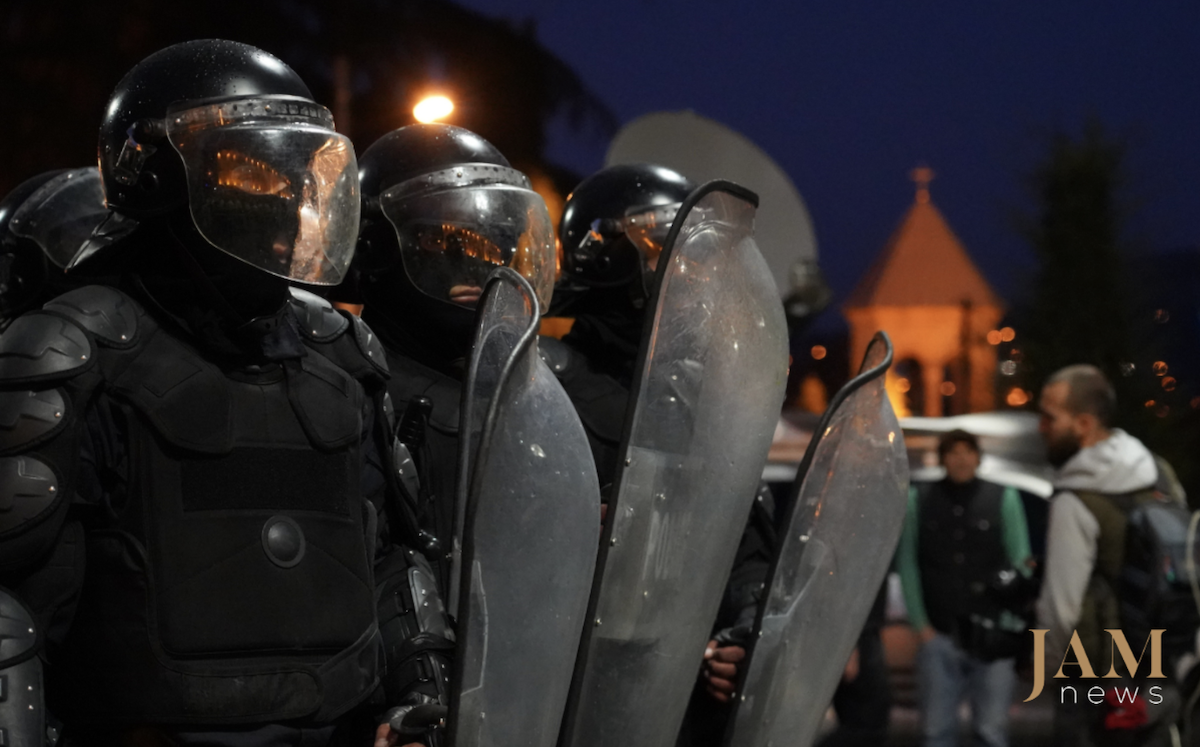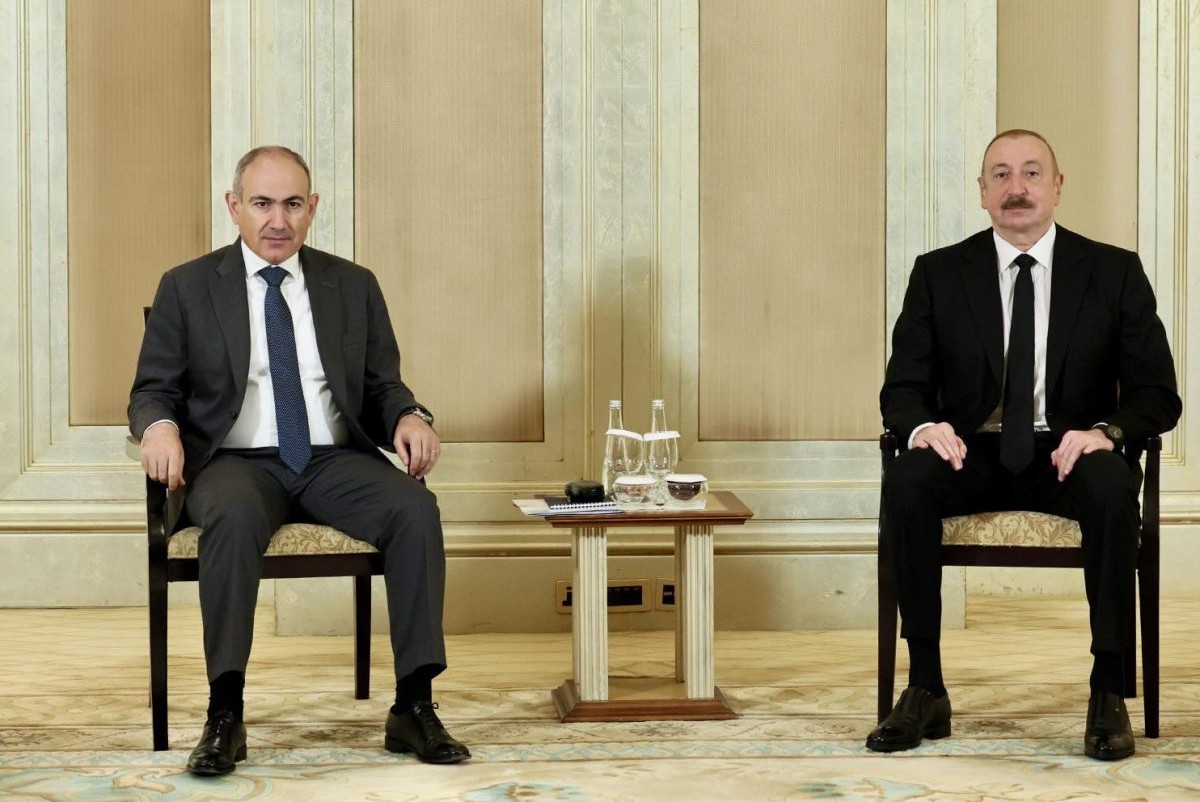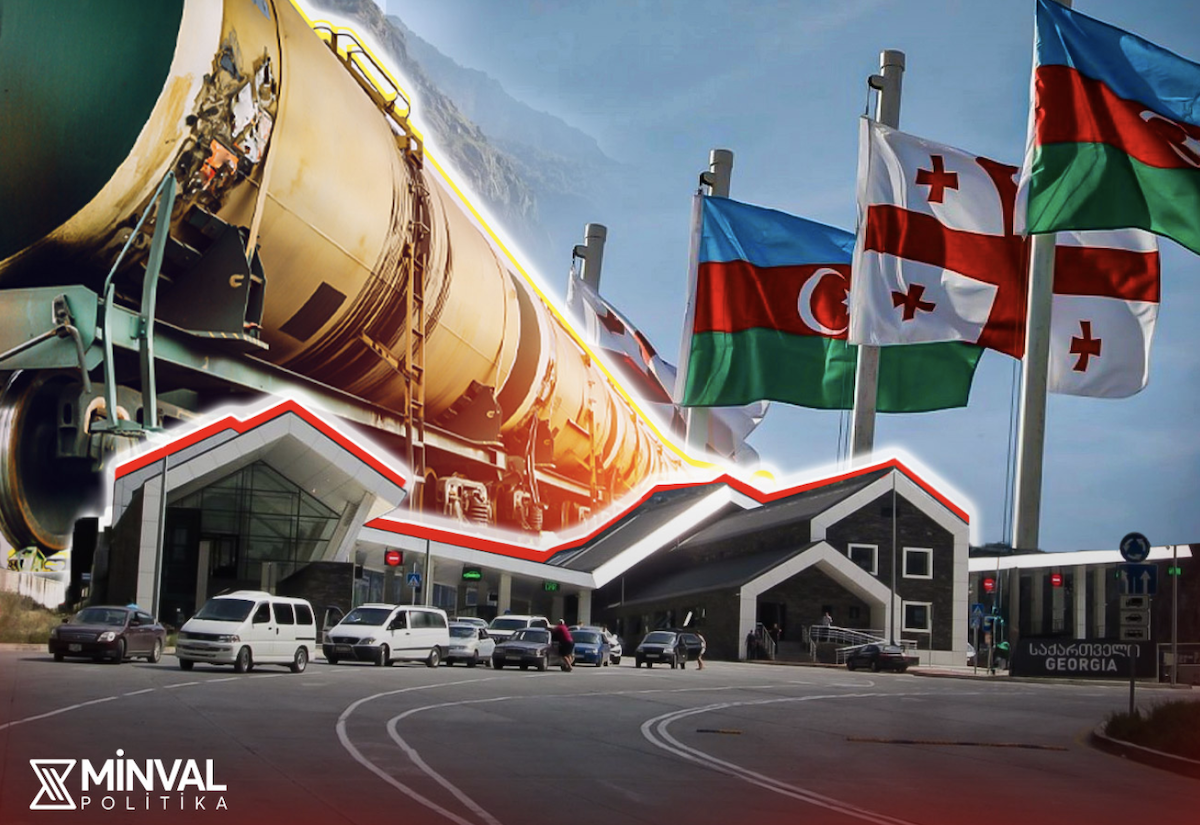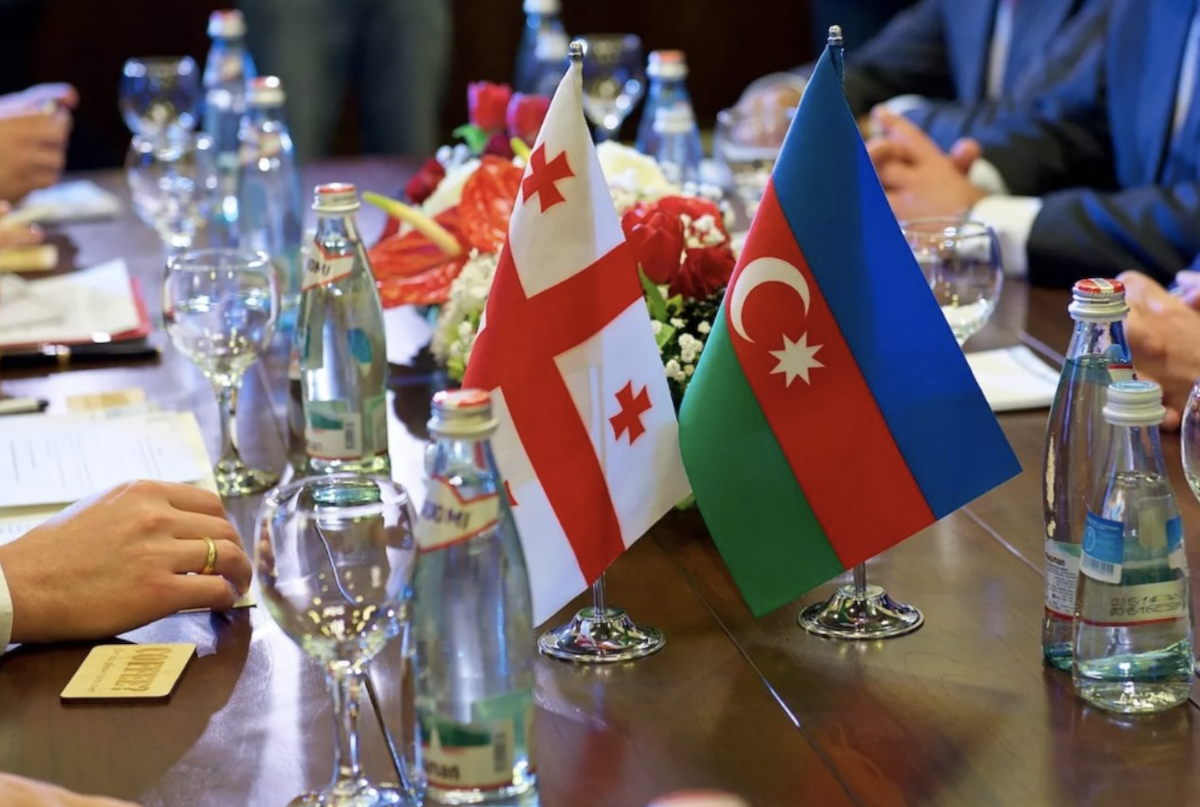What’s the matter? What have the Georgia's opposition ‘National movement’ done so wrong?
Photo:Daro Sulakauri
I have an acquaintance from the EU member-state, who regularly visits Georgia, who has even bought a house in Sighnagi, who has made friends here and got an insight into Georgia customs and traditions. The only thing he couldn’t understand for quite long was why the majority of his friends and acquaintances have had such an aversion to Mikheil Saakashvili and his team: ok, it’s understandable that he is an authoritarian and he has done some things wrong, he has been using police and security against the opposition, but, on the other hand, he is a pro-Western politician, he eradicated corruption and properly reshaped the state agencies etc. In short, he would adduce the arguments, similar to those voiced by the UNM supporters, like a well-trained propagandist.
It had lasted so for quite long, until he once told us that he had finally understood the reason why people hated Saakashvili’s government so much-to realize that one should live in Georgia and experience all that himself/herself.
I’ve brought this case as an example, because it is quite typical and notable also from the point of view of why he couldn’t understand the reason people despised the National Movement, as well as how he finally realized it.
From the western perspective
I guess, it’s difficult for a foreigner to understand that hatred and disgust against Saakashvili’s government existing in Georgian community, and that’s actually not their fault.
I can say with full responsibility that we are dealing with some special case here. For many, the National Movement’ isn’t just an unacceptable political power with its characteristic flaws, but rather some ontological evil, a gang of depraved, brutal murderers and maniacs, who take pleasure in killing and torturing people and then indulge themselves in sexual perversions.
If that had been the attitude of just a minor part of the community, this theme wouldn’t have existed. But that hatred against the Nationals seems to be a serious trend, successfully used by the ruling Georgian Dream team for several years-kindling hatred against the ‘Nationals’ seems to be one of the clear and consistent messages (if not the only one) of the incumbent government. The Georgian Dream members and supporters absolutely seriously regard the period of the National Movement’s ruling as the worst form of Hitler and Stalin’s regimes. And not only do they consider it so, but they also seriously discuss this issue with foreign diplomats and politicians.
Otherwise, how is one supposed to get it across to the decent foreigners that the leadership that was clearly pro-western and anti-Russian, during the ruling of which there was a political opposition, 2 opposition TV channels (though it’s true that their broadcast covered only Tbilisi, but anyway), numerous opposition newspapers and online-publications, active non-governmental sector, mass rallies, and which finally quitted power as a result of elections, was no inferior to the regime during which there was no any opposite opinion, where millions of people were killed on political, ideological, class and racial grounds?
Any arguments about inhumanity of Saakashvili’s regime sound very hollow to foreigners. They understand that he was an autocrat ruler, that during his presidency there was a control over mass media, business and judiciary, that people were watched and intercepted by SOD (Special Operations Department) and KUD (Constitutional Security Department) etc. and that the so-called ‘Sonder brigades’ (commando) intimidated and terrorized people, that prison inmates were tortured, though these tortures are inferior in scope to those of Pinochet, Marcos or Somoza (on a side note, the West backed all those regimes in due time), to say nothing of Stalin or Pol Pot. The list of individuals, killed in the period of the National Movement’s ruling, can’t serve as an argument either. This list, which is oftentimes referred to by news agencies, hardly comprises 40 people and the absolute majority of them were the criminals killed in course of the police special operations.
Three peaks of one pain
Three major reasons of hatred against the National Movement are, so to say, right there on the surface and are easily visible.
Reason 1. This is actually the reason that is usually named by the National Movement apologists themselves: conservative and retrograde segment of the Georgian community turned out not to be ready for the National Movement’s launched revolutionary reforms, that aimed at modernization and Westernization of the Georgian state and community.
This is a logical explanation and it ‘sells well’ in the West, since unacceptance of radical reforms is typical for all post-communist countries. However, this is hardly the major or the only reason and such interpretation is just partially correct.
Certainly, there were too many conservatives and retrogrades in Georgia at that time, but the Nationals’ reforms put in unfairly oppressed position not only them, but also many of those who were neutral, since there was too much injustice, selective justice and blatant violation of human rights throughout the reform process. People got a feeling of moral ascendancy over
the National Movement (which is always the case when one is treated unfairly) and this feeling is still there.
Reason 2. The United National Movement is the only party in the history of independent Georgia, which hasn’t vanished after quitting the power. On the contrary, it managed to maintain its supporters and is still regarded as a top-rated opposition political force.
Such situation is uncustomary not only for Georgia, but for the entire post-Soviet area.
Unlike Shevardnadze’s Citizens’ Union and Aslan Abashidze’s Revival party, that vanished in the thin air in early 2000s, the National Movement has turned out to be a tightly-knit political team, actively involved in country’s political life. This irritates those, who were rightly or wrongly oppressed during the National Movement’s ruling, and who hoped that they would never see that party members in politics again.
Reason 3. Since the day of coming into power, the Georgian Dream has been repeatedly referring to restoration of justice and a life-or-death struggle against the National Movement. It nourished its supporters with insults against the National Movement, but it failed to factually substantiate its propaganda with relevant measures. What the government proponents could hear instead, were the National Movement leaders’ loud and glib statements, which instilled a feeling of helplessness in the society.
Indeed, what it feels like for your supporters, when you call someone the country’s enemy and devastator and then go to the Council of Europe with him as part of a joint delegation; and this enemy and mujahedeen comes and verbally abuses you in better English than you have? In short, the government was creating an enemy image, then it was inculcating the expectations of enemy’s defeat, and meanwhile this enemy kept existing, from time to time putting the leadership down either from the international rostrum or the most popular TV channel, leveling criticism at the entire government. And that continued for 4 years.
Reason 4
All the aforesaid still can’t explain this phenomenon of special attitude towards the National Movement. In my opinion, there is one import, central detail missing to solve this puzzle.
It is quite understandable that those, who were fairly or wrongly oppressed during Saakashvili’s ruling, expected a promised compensation and those futile expectations could possibly result in discontent growing into resentment, but among those resented individuals there are quite many of those who don’t seem to be directly affected by Saakashvili’s ruling.
Besides, it would be appropriate to ask: what way were those people so particularly oppressed? There was much injustice in Shevardnadze’s times too, wasn’t it? Overwhelming corruption, acute electricity crisis, factual border on Choloki river, thieves and criminals. We didn’t see it in our dream, did we? It was then that people were physically abused and tortured en masse! I personally know the people, who were unfairly subjected to torture by the police and whom it took weeks to recover, but who were never captured during Saakashvili’s ruling. But despite that, they hate the National Movement hundred times more than Shevardnadze’s government.
So, what’s the matter? What have the ‘Nationals’ done so wrong that it can’t be passed to oblivion? In order to answer this question, I have to go deep into the matter.
In the so-called ‘Zastoy’ (stagnation) period, in the Soviet Union, the entire public space was one big lie. Lying, passing black for white, and vice versa, fool’s bargaining, and even stealing, was morally permissible, an ‘acceptable’ thing in that space.
Alongside that space, there was also another, private one – friends and family space, where black was black and white was white; were cheating and playing dirty tricks to each other was unacceptable, where loyalty, each other’s support, kindness were highly valued and a moral image of a human being was measured by his/her behavior in that particular space.
Unlike Stalin’s epoch, in the so-called ‘Zastoy’ period the authorities actually never interfered into that private space. There one could do anything that couldn’t be done in public. If dissidence or telling the truth in public was severely and ruthlessly punished, at home, i.e. in private space, one could have said whatever he/she wanted and no one would making him/her liable for that.
Such public morals were actually nothing but double standards. However, it was an unwritten law, based on which the entire Georgia lived, and that was entrenched and rooted in the entire community.
The independence period broke that double morality, but it couldn’t finally eradicate it, because the moral norms weren’t actually laid down in the public space, but rather the boundary between public and private spaces was diffused and it became unclear, what was moral or ‘acceptable’ and what – not. In fact, even today we are plunged in this moral mess and the problems that we are facing are largely conditioned by the aforesaid.
The remnants of old double moral have been still maintained as a phantom pain, which is manifested by the fact that, on the one hand, we are seriously lacking civic responsibility and, on the other hand, we can’t tolerate the government’s interference into our private space, the so-called ‘home’. ‘Home’ is such a sacred space that even the most frenzied homophobe would say: ‘Those LGBTs can do whatever they want at home, which is absolutely inadmissible for any foreign homophobe.
Full control over the private space is more typical for the totalitarian systems and we experienced that in the Soviet Union. However, the Soviet Union within us is more a holdover of the Brezhnev era rather than of Stalin’s epoch. The present-day middle-age and elderly people were brought up on ‘Zastoy’s double morality rather than on the Stalinist discipline.
I think, in due time Saakashvili’s government violated that unwritten moral norm- the National Movement created a sensation that it is going to burst into our ‘home’.
Eviction of people from the houses in Tabukashvili street and resettlement of IDPs was a kind of visual illustration of this sensation. On the whole, this sensation is the outcome of the government’s pursued policy, which demands political loyalties not only in the public space (Georgians who had overcome the soviet times would have easily endured that), but also in the private space – at ‘home’.
Some people could regard such approach as a manifestation of the government’s strength, but for the overwhelming majority of people, control over the private space was essentially unacceptably. That’s the reason, why Saakashvili’s government reaped an unprecedented hatred. People couldn’t forgive Saakashvili his interference into sacred space, and even today, the National Movement’s claim to regain power is perceived as yet another attempt to burst into one’s ‘home’. The reaction is quite adequate.
That’s what my foreign acquaintance meant, when saying that in order to understand the attitude towards the National Movement one should experience their ruling himself.
Interference into a private space is equally unacceptable for Europeans and Georgians.
Simply, unlike Georgians, the Europeans have long-established moral paradigms with regard to the public and private space, while we have still to establish them.
However, unlike the National Movement, which tried to modernize the society with ‘an iron hand’ and through bursting into houses, the incumbent government doesn’t even thing about such things. Their thoughts are obviously wandering in different direction and I guess that sometimes they themselves have no clear idea where exactly they are.
Instead of an epilogue
And here comes the question: what can one do?
After all, it’s not quite normal, when the party, which, as its supporters admit, can’t boast of any serious achievements, secures a landslide victory in the parliamentary election just out of fear of the Nationals’ return.
The answer is short and pessimistic: nothing at all, since, as I believe, it’s unlikely that: a) the National Movement will realize its fault and repent bursting into citizens’ ‘homes’; b) the government will give up on its ‘enemy image’ policy; and c) those, who despise the National Movement because of interference in their private space, will no longer have fear of their return.
The only theoretical way out of this situation is that, until a new generation is grown, which has neither personally experienced the Nationals’ breaking into houses, nor has been charmed by their reforms, people will get sick and tired of the government’s impotence and feebleness and, in parallel, a new center of soft power will be formed, that will strike roots in the so-called ‘middle segment’. Though, it’s hard to tell at this stage, what a political component of this new center will be like.
Let me apologize that after so much pondering I couldn’t tell you anything cheerful and encouraging, but what can I do? As the saying goes: c’est la vie – that’s life.












